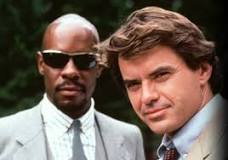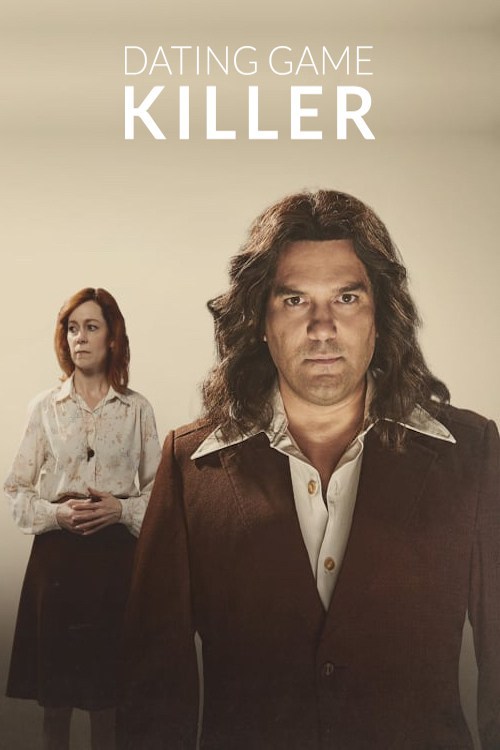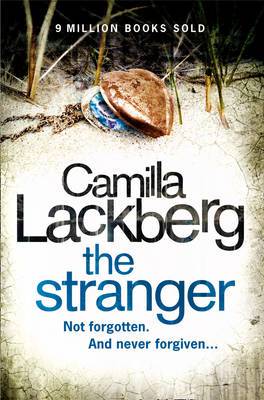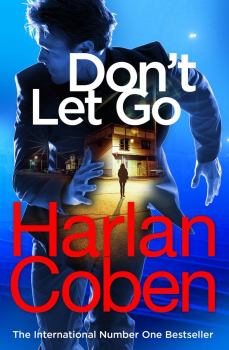 This month I am dedicating my reading to a wide variety of mystery or detective novels, some classics, some contemporary, and even a couple of pincher-hit authors. As I was collecting the list I noticed two things: first, twenty novels is woefully insufficient to cover the genre; and second, so many of the titles I selected were purposely early examples of narratives which developed into series consisting of numerous titles over many years.
This month I am dedicating my reading to a wide variety of mystery or detective novels, some classics, some contemporary, and even a couple of pincher-hit authors. As I was collecting the list I noticed two things: first, twenty novels is woefully insufficient to cover the genre; and second, so many of the titles I selected were purposely early examples of narratives which developed into series consisting of numerous titles over many years.
Back in the 1980s I was introduced to the Travis McGee series and ate them right up. I also enjoyed Matthew Hope, Jason Bourne, Spenser with an “s” like the English poet, the 87th Precinct, the nameless detective, Hercule Poirot and Miss Jane Marple, Albert Campion, Sherlock Holmes, Jim Chee and Joe Leaphorn, and several of the spy novels like James Bond, George Smiley, and even Modesty Blaise. I pretty much burned out on the mystery and suspense genres, only reading Georges Simenon on a regular basis for years.
Now that I’m possibly getting back into reading mysteries, I have a question: What is the best way to tackle a genre which consists of many different series? Should I concentrate on one or two series at a time, much like binge watching on Netflix, of should I sprinkle my reading across many different series?
I realize that with this kind of fiction it is usually important to read the novels in order. Although thinking back to the Fletch series, should they be read in the order written or in the fictional chronological order?
 Reading Ace Atkins’ first stand-in Spenser novel, Robert B. Parker’s Lullaby, there were several points where a knowledge of the earlier Spenser books was important, otherwise, who was Joe Broz? Why is Spenser friends with Vinnie or even Hawk? Who is Susan (and Pearl)? Why don’t Spenser and Susan live together? Who is Henry Cimoli? Who is Paul? It goes on and on. I believe that only The Godwulf Manuscript offered nothing significant to the series (other than introducing Spenser and that “s”).
Reading Ace Atkins’ first stand-in Spenser novel, Robert B. Parker’s Lullaby, there were several points where a knowledge of the earlier Spenser books was important, otherwise, who was Joe Broz? Why is Spenser friends with Vinnie or even Hawk? Who is Susan (and Pearl)? Why don’t Spenser and Susan live together? Who is Henry Cimoli? Who is Paul? It goes on and on. I believe that only The Godwulf Manuscript offered nothing significant to the series (other than introducing Spenser and that “s”).
The long lost character Paul, who first appeared in one of the earliest Spenser novels only to grow up and disappear into an occasion nostalgic comment, is an excellent example of needing to have read all that came before. I suspect there are some dedicated Spenser readers who do not know about Paul, unless they went all the way back some forty novels and read the really early stuff.
Ace Atkins mentions Paul several times in Lullaby, but I suspect he is inserting as many references to early works and characters as he reasonably can to cement the bond between his Spenser creation and the real, time-honored Spenser of Robert B. Parker.
Ace does a pretty good job and I look forward to reading the next three or four Spenser novels he has already written. I might even read a gosh-honest Ace Atkins novel.
By the way, I never liked Robert Urich as Spenser … he no thug.
Share this:





